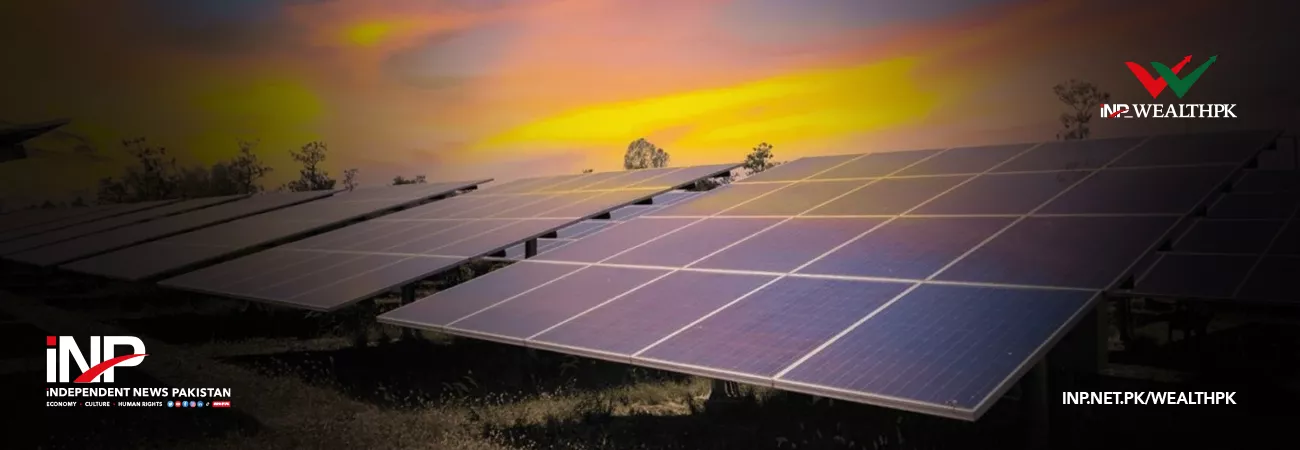INP-WealthPk
Fozia Azam
The Pakhtunkhwa Energy Development Organisation (PEDO) is all set to solarise three universities of Khyber Pakhtunkhwa as part of its plan to put the seats of higher learning on solar power under the public-private sector partnership mechanism. “On a pilot basis, PEDO will solarise the University of Buner, the University of Malakand and the University of Kohat. At later stages, other government entities would be put on solar power,” said Asfandyar Khan, PEDO’s project director solarisation.
Talking to WealthPK, he said the provincial energy development body had developed the policy to solarise the universities and medical teaching institutes of Khyber Pakhtunkhwa while adopting the model of Energy Service Company (ESCO), a private sector entity. “This model will not only help save billions of rupees but will also ensure self-sufficiency for KP in the environment-friendly energy, creating job opportunities and bringing about social development in the province,” he continued.
He said the initiative of shifting public sector universities to solar power was aimed at providing inexpensive and uninterrupted power supply to the seats of higher learning. “As electricity bills constitute a big chunk of the expenditure of varsities, converting them to solar power will be the best cost-effective solution.” Asfandyar Khan said ESCO would construct, own and operate the solar photovoltaic grids.
He said that PEDO would provide only the technical expertise, ensuring that the approved guidelines of the National Efficiency Energy Conservation Authority were applied while implementing the project. He said since the solarisation project would be fully funded by the private sector, it won’t put any burden on the provincial exchequer. “The seats of higher learning will get sustainable, clean and cheap electricity under the project.”
Energy experts believe as use of renewables has increased sharply worldwide, it is time for Pakistan to shift to alternate modes of power generation for economic sustainability and to save huge foreign exchange spent on import of fossil fuels. They suggest Pakistan should construct small-scale renewable energy grids to increase share of clean energy in the national power mix. It is pertinent to mention here that Pakistan has the capacity to generate over 2.324 million megawatts of solar power per annum.
Credit: Independent News Pakistan-WealthPk




